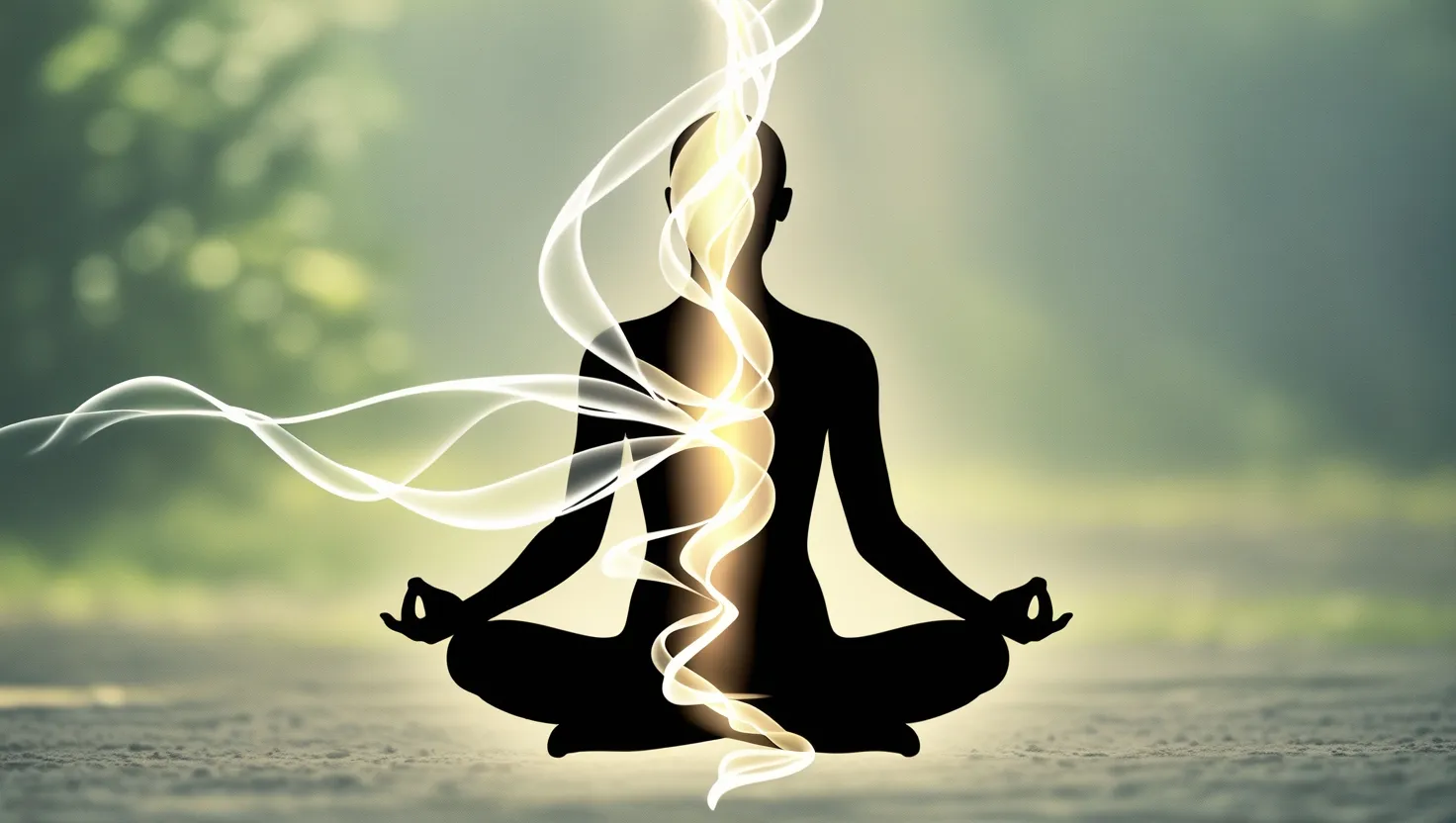How Vedic Prana Transforms Your Health: Ancient Breathing Wisdom Meets Modern Science
Discover the ancient Vedic science of prana: how conscious breathing connects body to universe, reduces stress, and transforms daily life through simple breathwork techniques. Learn now.
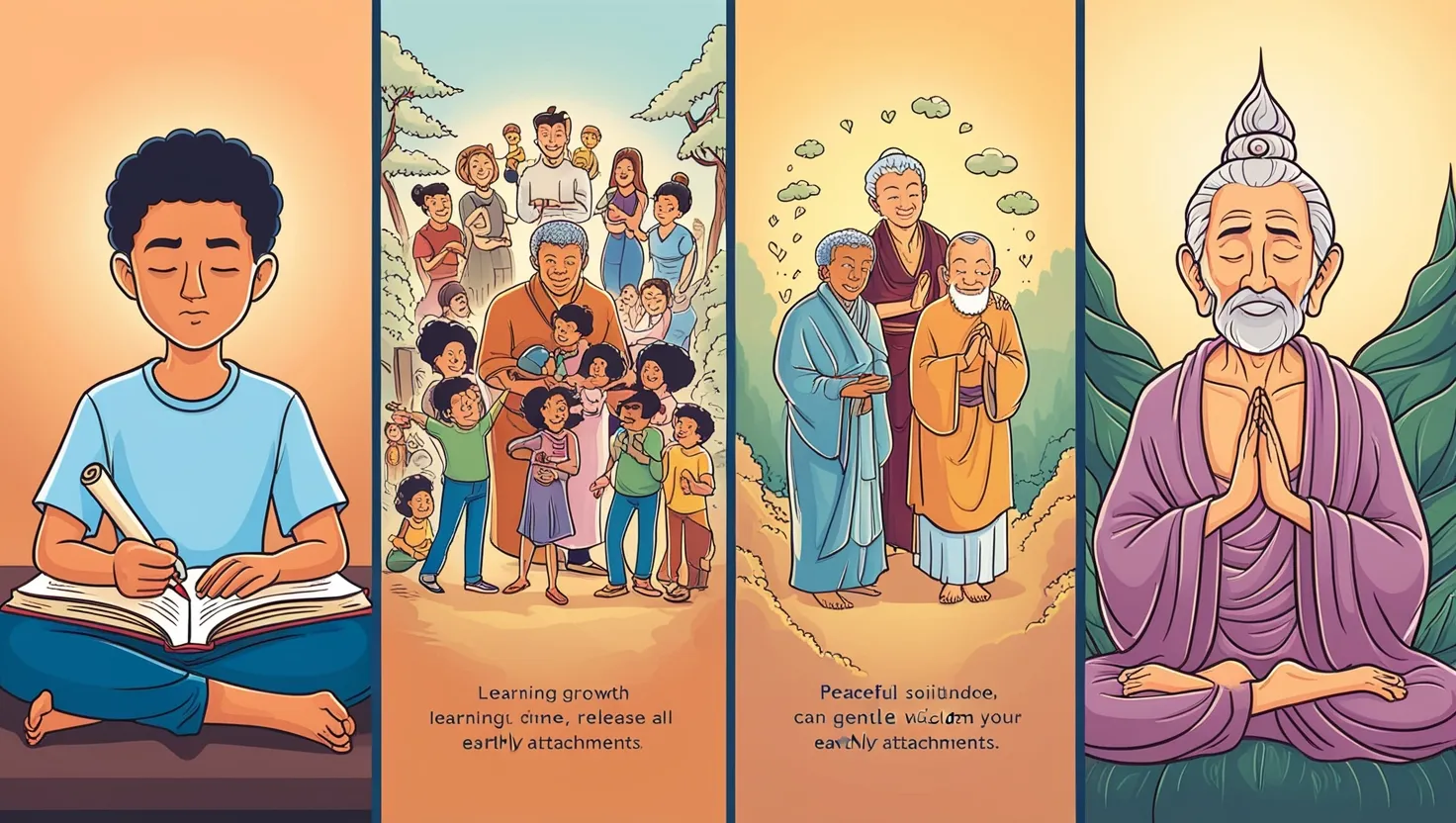
Ancient Vedic Ashrama System: Four Life Stages for Personal Growth and Social Harmony
Discover the ancient Vedic ashrama system's 4 life stages: student, householder, forest-dweller, and renunciant. Learn how this timeless framework guides personal growth and purposeful living at every age.
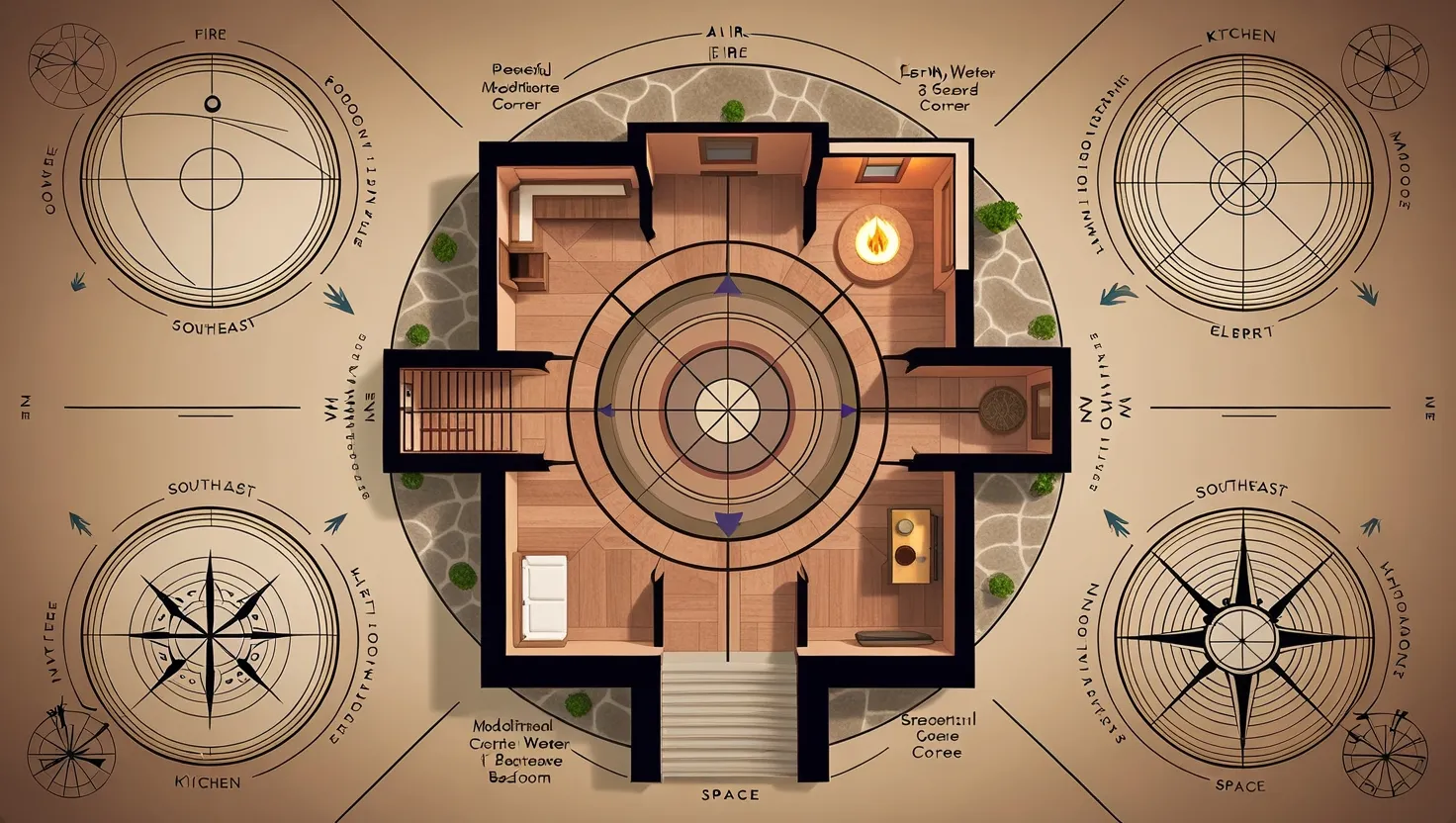
**Ancient Vastu Shastra Secrets: Transform Your Home into a Sacred Space for Modern Living**
Discover how Vastu Shastra transforms homes into sacred spaces using ancient Vedic principles. Learn directional placement, cosmic alignment & elemental design for harmony.
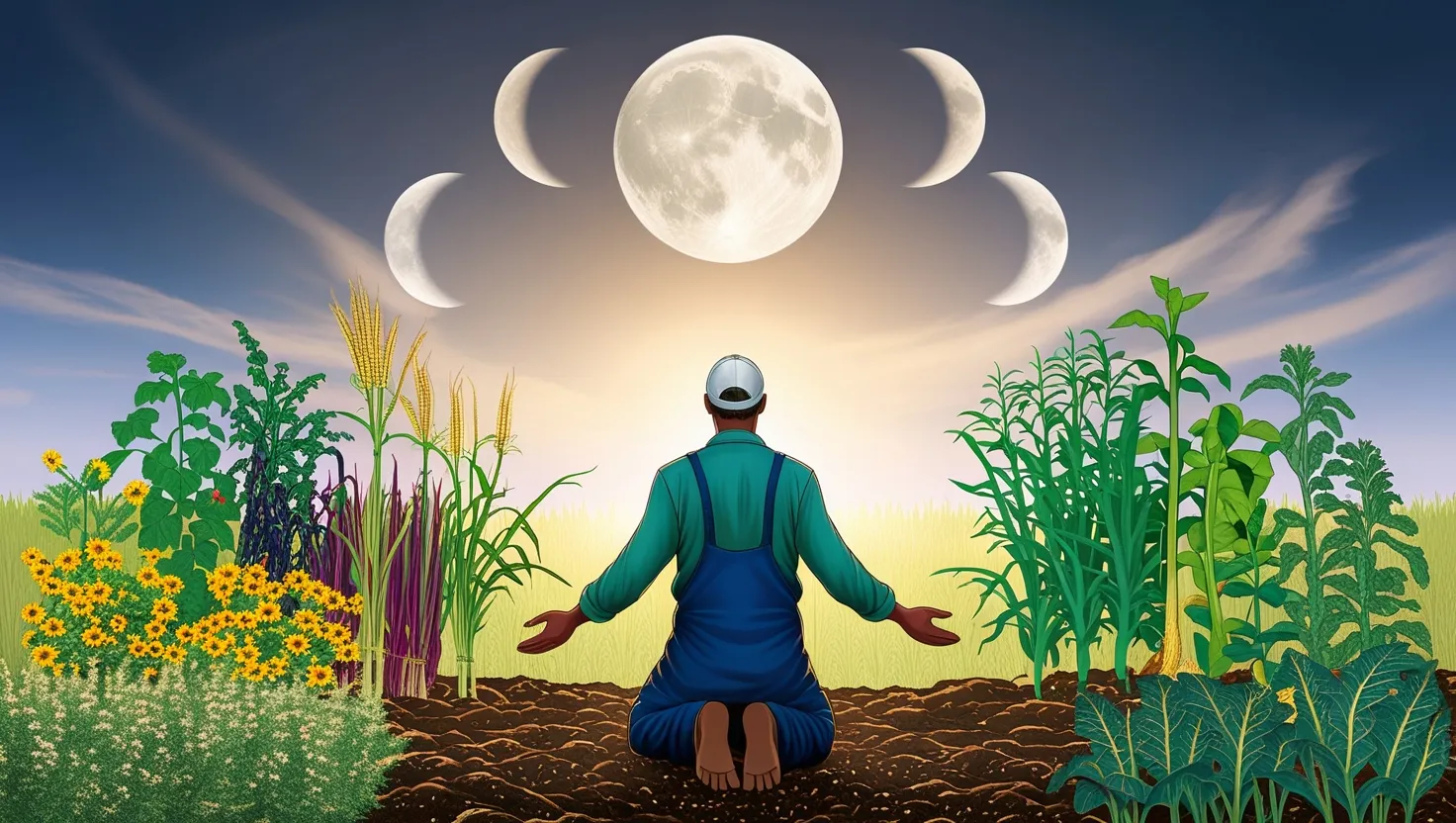
Ancient Vedic Farming Principles: Sacred Agriculture Practices That Transform Modern Sustainable Food Production
Discover ancient Vedic farming wisdom that treats soil as sacred, embraces biodiversity, and creates sustainable agriculture through reverence for nature. Learn time-tested practices for modern farming success.

Ancient Vedic Rituals That Transform Modern Anxiety Into Inner Peace and Mental Clarity
Discover how ancient Vedic fire rituals offer modern psychological wisdom for anxiety relief, mindfulness, and mental well-being. 7 time-tested practices revealed.

How Ancient Vedic Science Reveals the Hidden Power of Words to Transform Reality
Discover Vedic language science where words shape reality through Shabda Brahman. Learn how mantras, conscious speech, and sacred sound create transformation in mind and world.
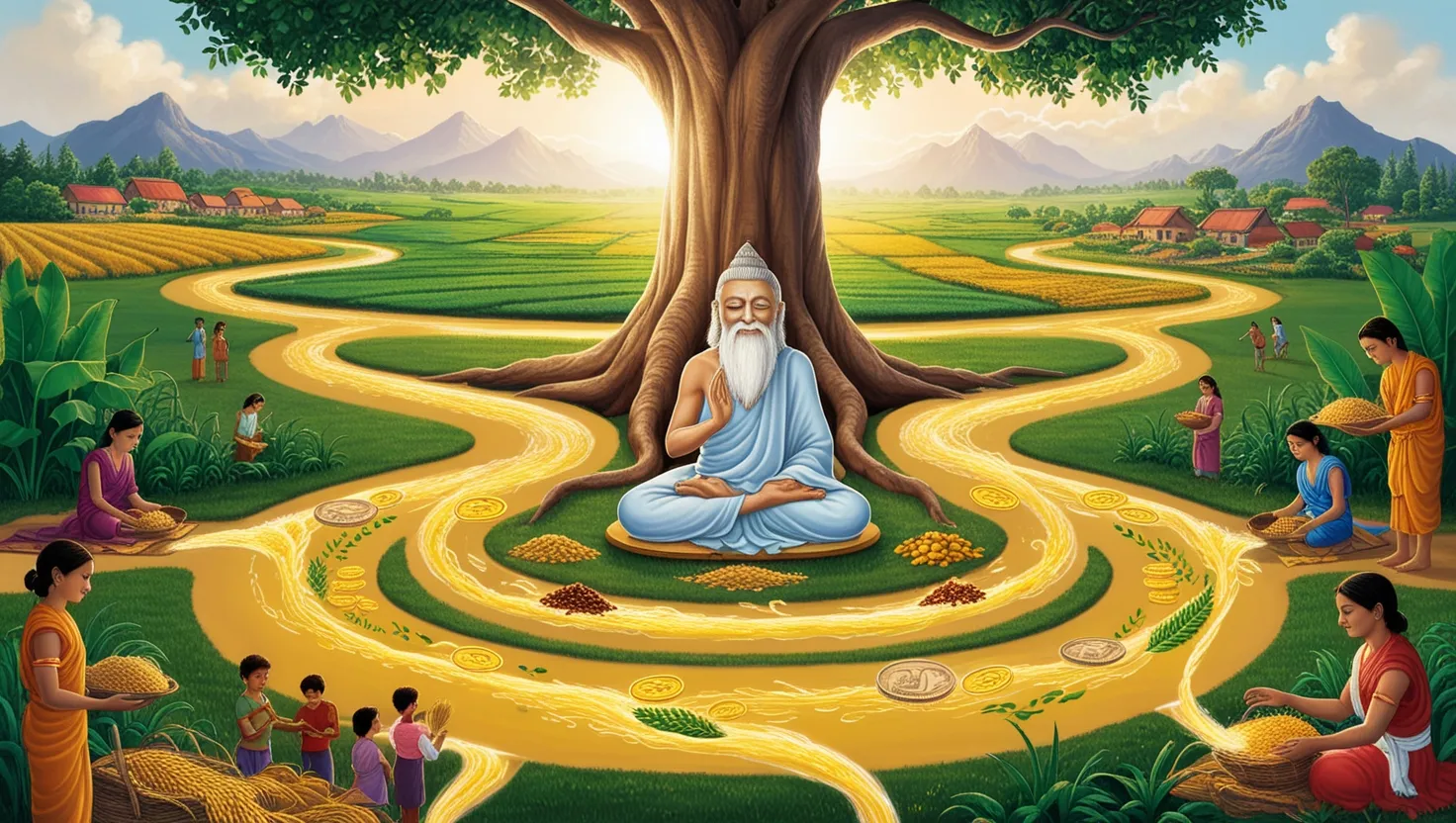
Vedic Wealth Principles: Transform Money into Sacred Stewardship for Modern Life
Discover how Vedic wisdom transforms wealth from material accumulation to ethical stewardship. Learn ancient principles for sustainable prosperity, generous living, and finding contentment beyond consumerism.
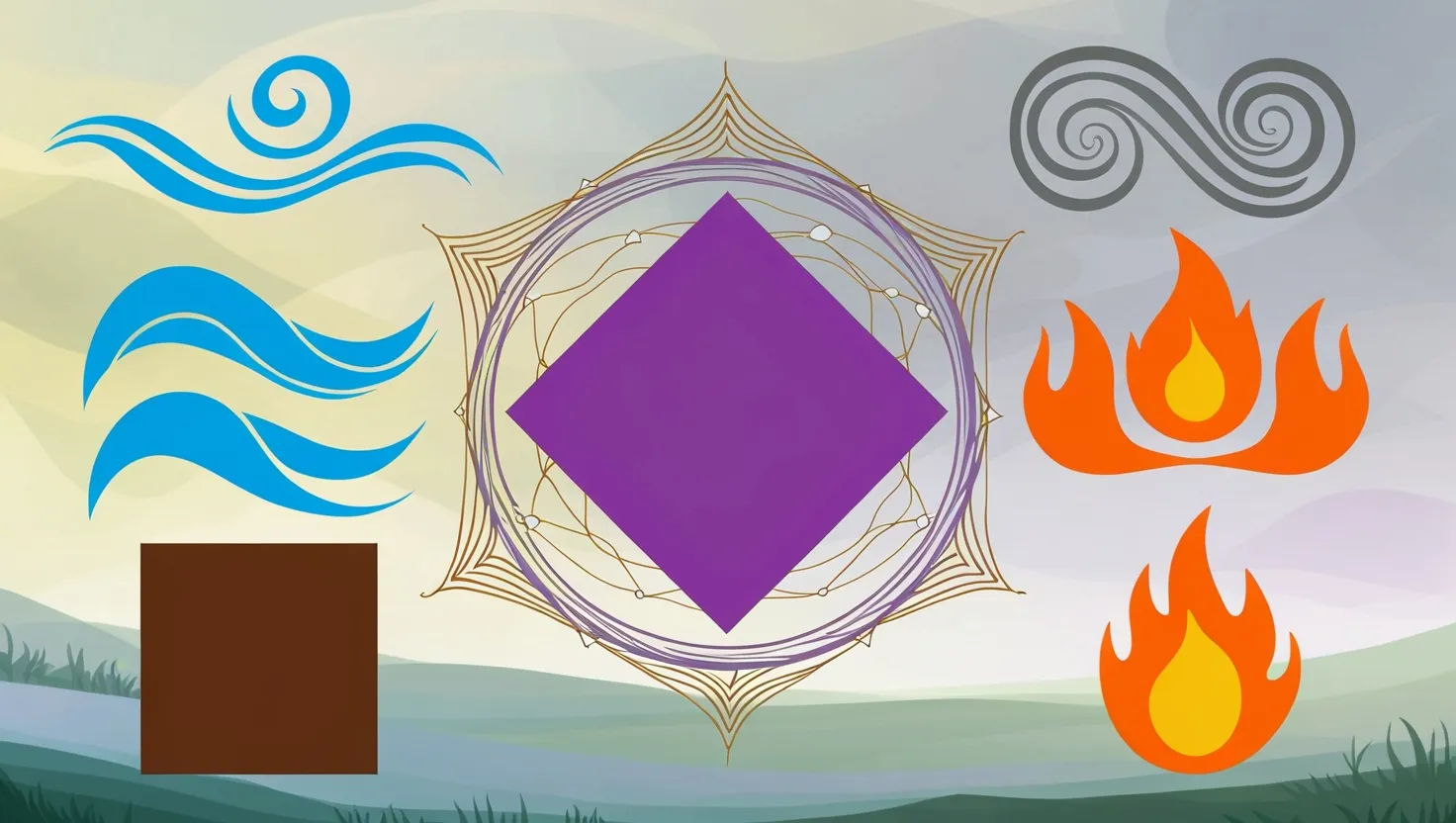
How the Five Sacred Elements of Vedic Philosophy Transform Your Daily Life Experience
Explore Pancha Mahabhutas from Vedic wisdom—earth, water, fire, air, space elements that shape our world and consciousness. Discover sacred connections in daily life.
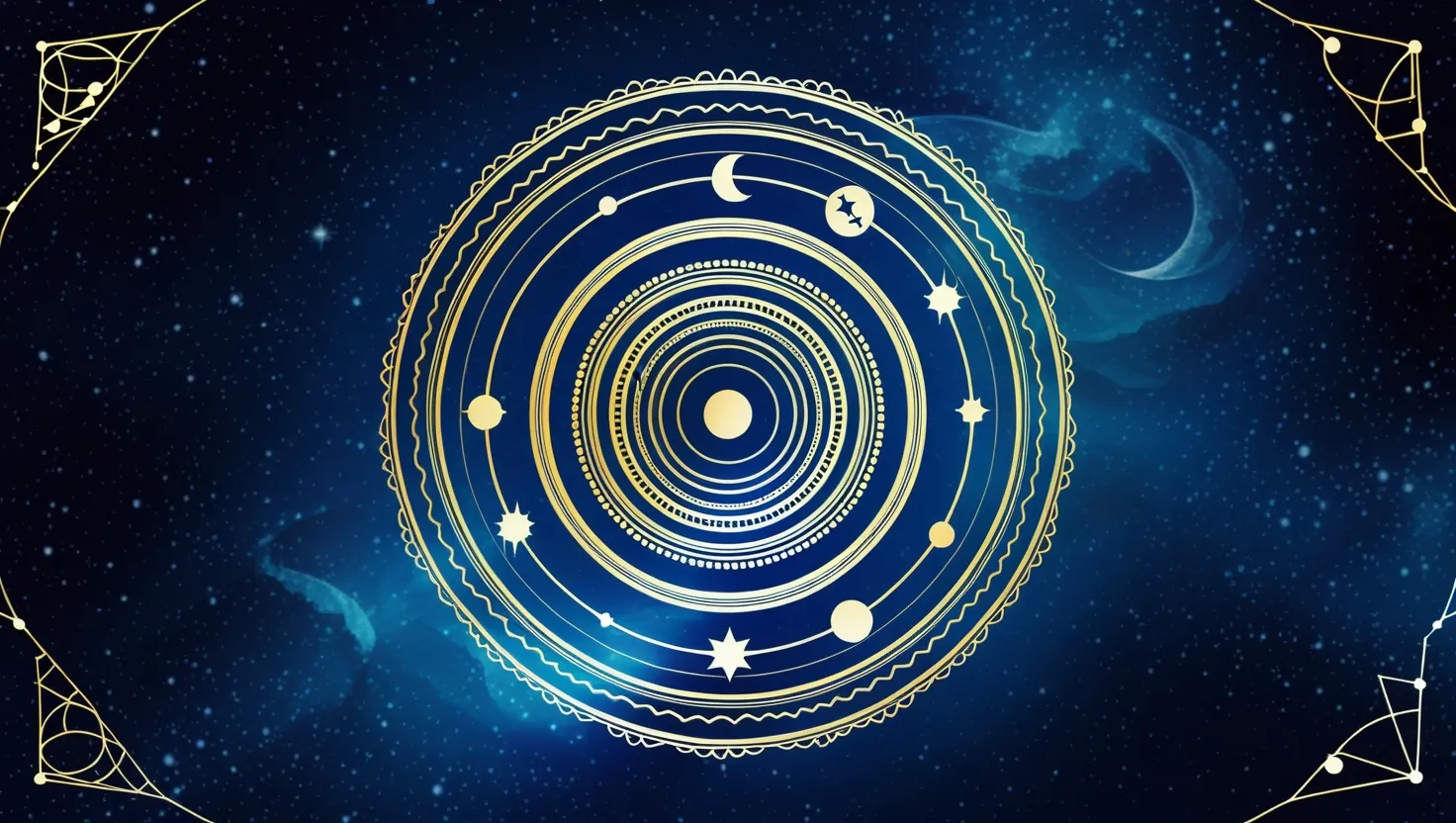
Vedic Time Philosophy: How Ancient Kala Wisdom Transforms Your Relationship with Time
Discover the Vedic concept of Kala - time as cyclical force beyond linear measurement. Learn how ancient wisdom transforms your relationship with timing, cycles, and present-moment awareness.

Ancient Vedic Secrets for Mental Strength: How Breath, Mantras, and Daily Rituals Build Emotional Resilience
Discover ancient Vedic wisdom for mental clarity and emotional resilience. Learn practical breathwork, meditation, and daily practices to build inner strength through life's challenges. Transform your mind today.

Ancient Vedic Wisdom for Building Harmonious Family Relationships and Lasting Bonds
Discover timeless Vedic principles for family harmony through shared rituals, service, and mindful parenting. Transform daily interactions into opportunities for growth and deeper connection. Start building your harmonious home today.
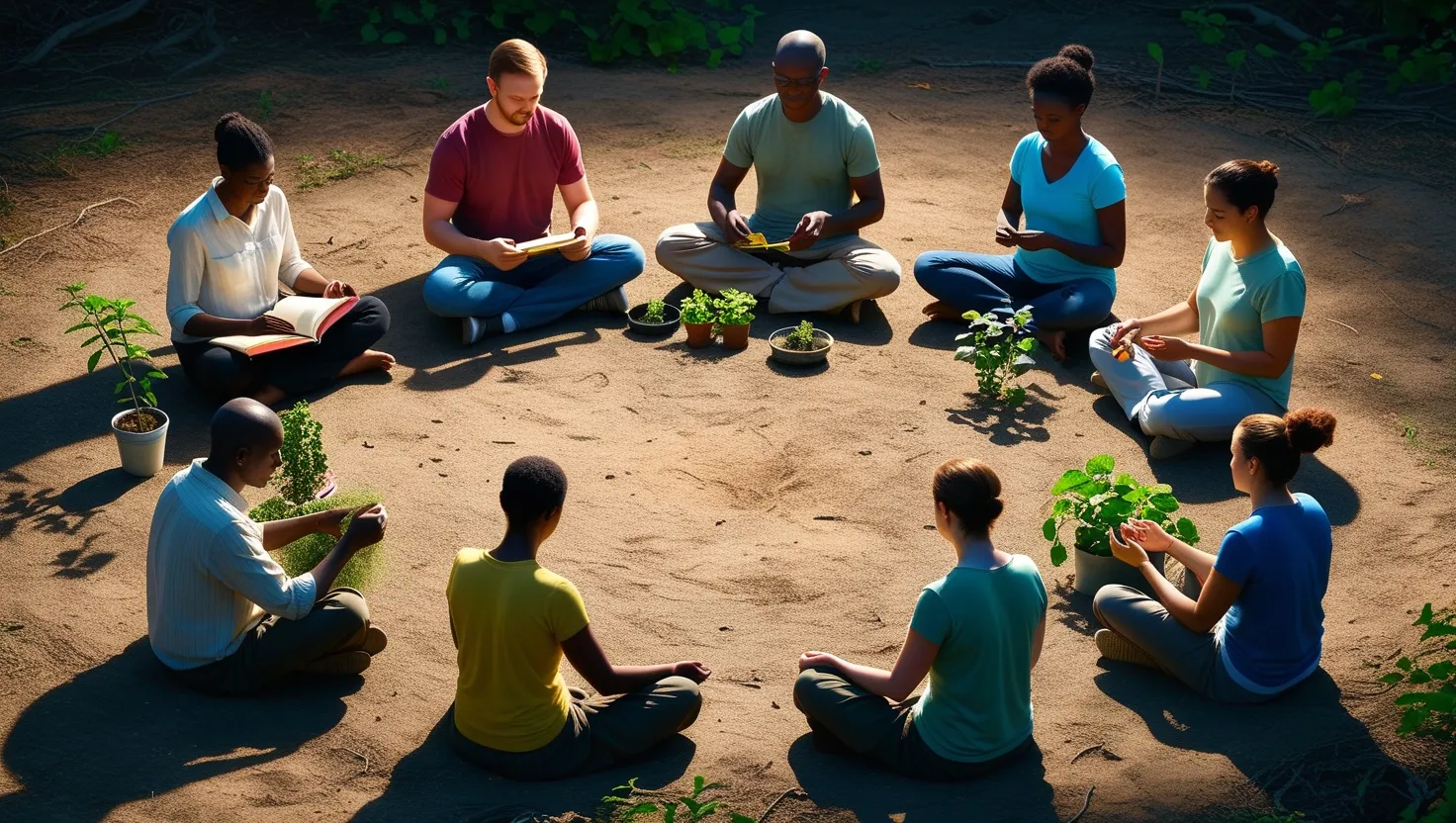
Ancient Vedic Varna System: How Merit-Based Society Became Rigid Caste Structure
Discover the original Rigveda varna system - fluid roles based on ability, not birth. Learn how this egalitarian framework valued every function equally in ancient Vedic society. Read more.
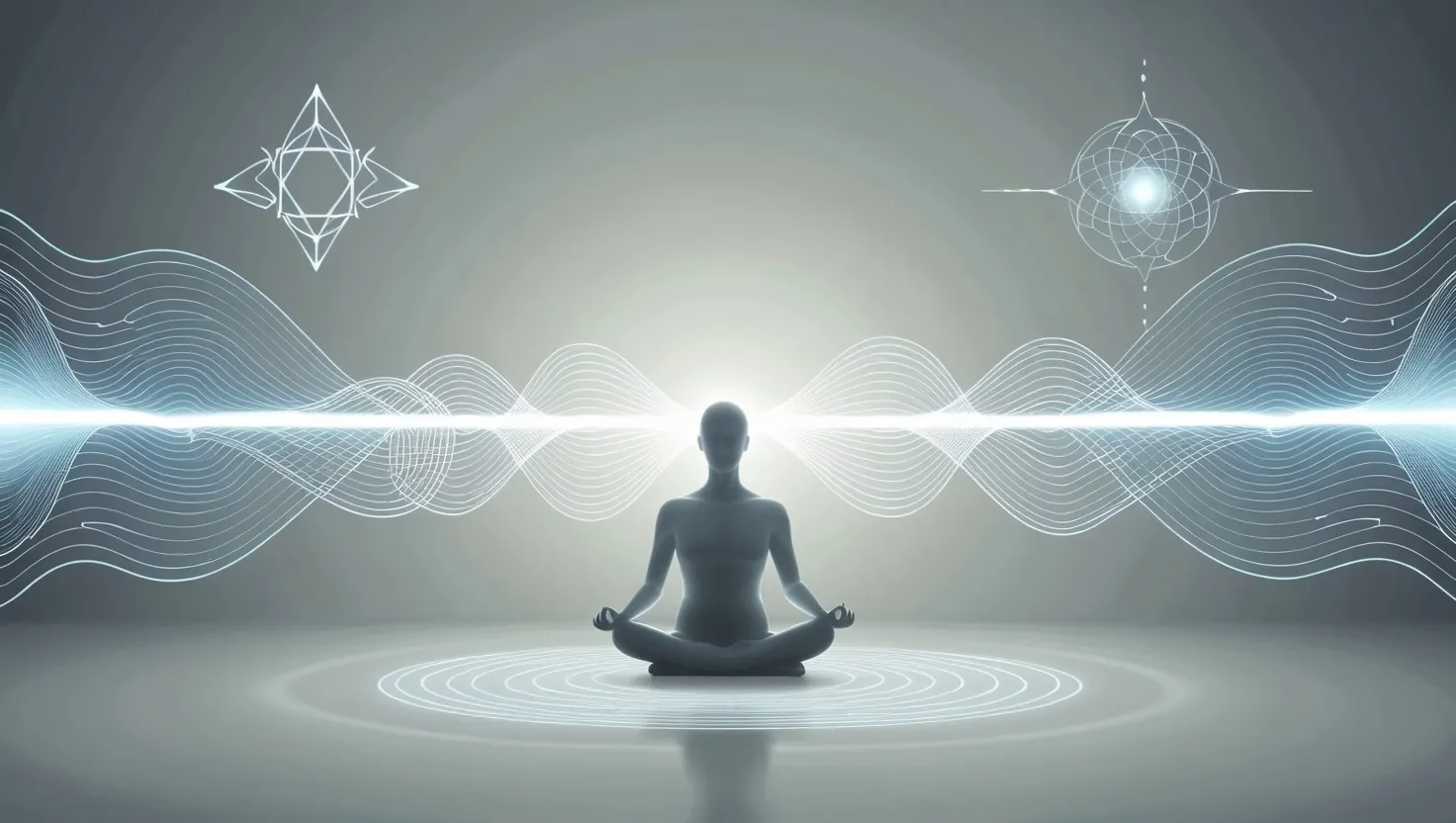
How Ancient Vedic Sound Science Transforms Modern Consciousness and Healing Through Sacred Vibrations
Discover how Vedic sound science uses mantras, ragas, and vibration to transform consciousness. Learn ancient techniques backed by modern neuroscience. Start your sonic healing journey today.
